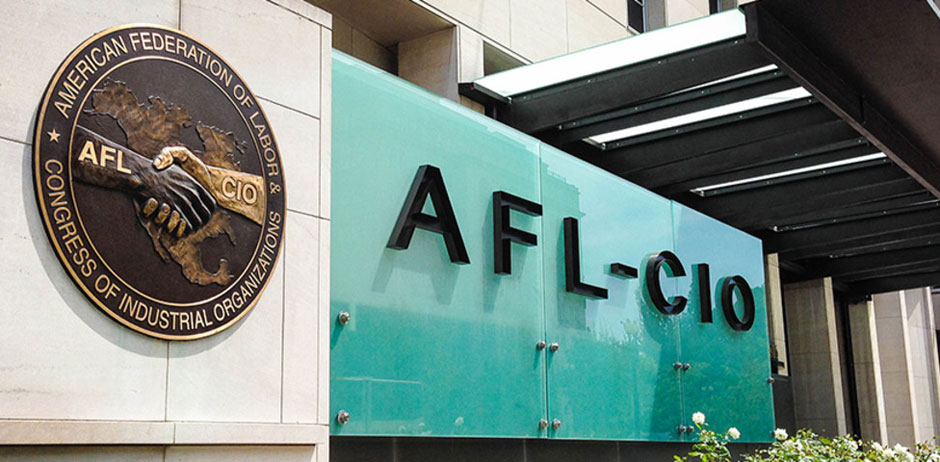WASHINGTON D.C.—The AFL-CIO, the federation of 56 labor unions in the U.S., has announced that it may oppose the tentative trade agreement being negotiated to replace NAFTA, known as USMCA.
In a Executive Council Statement issued last week, the AFL-CIO stated that “as the current draft of the new NAFTA recognizes, Mexico must enact and fully and effectively implement reforms to its labor law to end the race to the bottom for workers in all three countries.”
“This will require the upfront guarantee of sufficient resources for enforcement,” the AFL-CIO stated. “This must happen before Congress takes up any new NAFTA deal.”
The announcement that NAFTA would be renegotiated raised workers hopes and expectations of a new deal would be founded on these principles. The agreement to date does not meet those expectations.
Most importantly, the new NAFTA does little to stop the continued outsourcing of U.S. jobs to Mexico across all sectors, including aerospace, electronics, appliances, food processing, heating, ventilation and air conditioning (HVAC) products, paint finishing systems and booths, and other manufacturing. For example, it does not prevent U.S. corporations like General Motors or Carrier from closing plants and hurting workers and communities across the supply chain. Provisions like the auto labor value content requirement, which appear promising on the surface, are actually likely to be ineffective at addressing outsourcing. Nor does the deal address existing inequities, including permitting employees of Mexican railroads to operate trains within the United States while Mexico maintains a prohibition on the reverse scenario.
The new NAFTA includes some modest improvements. But its labor rules repeat the flaws of past trade agreements. The new NAFTA’s labor rules must be significantly strengthened. The new agreement must ensure that the labor rules will be swiftly and certainly enforced. While we have provided numerous recommendations for how that could be accomplished, none of them are included in the draft. Targeted improvement in labor enforcement is absolutely essential because without it, the agreement’s substantive provisions are of little value.
“The new NAFTA has none of these,” The AFL-CIO said. “Simply put, without assurance that labor rules will be enforced, we have no confidence that the deal will change the terms of trade.”
Stating that the “new NAFTA will not end the race to the bottom in the workplace,” the AFL-CIO went on to state the new trade treaty will “keep drug prices high by expanding monopoly power for brand-name pharmaceutical companies” which will “especially hurt Mexico’s workers.”
“We are eager to work with the administration and Congress to improve trade for working people,” the statement said. “However, to support any final deal, we must be confident that it will reduce incentives to outsource, help Mexico eradicate systemic wage suppression and begin creating new, high-wage, high-road jobs in all three countries.”
Read more here.





